
A joint collaboration with UKHSA IHR-SP, US Centers for Disease Control and Prevention (US CDC), Justice Institute of British Columbia (JIBC) and ASEAN Emergency Operations Centre Network (AEOCN) deliver the first cohort of Association of Southeast Asian Nations (ASEAN) Public Health Emergency Management Emerging Leaders programme (PHEM ELP).
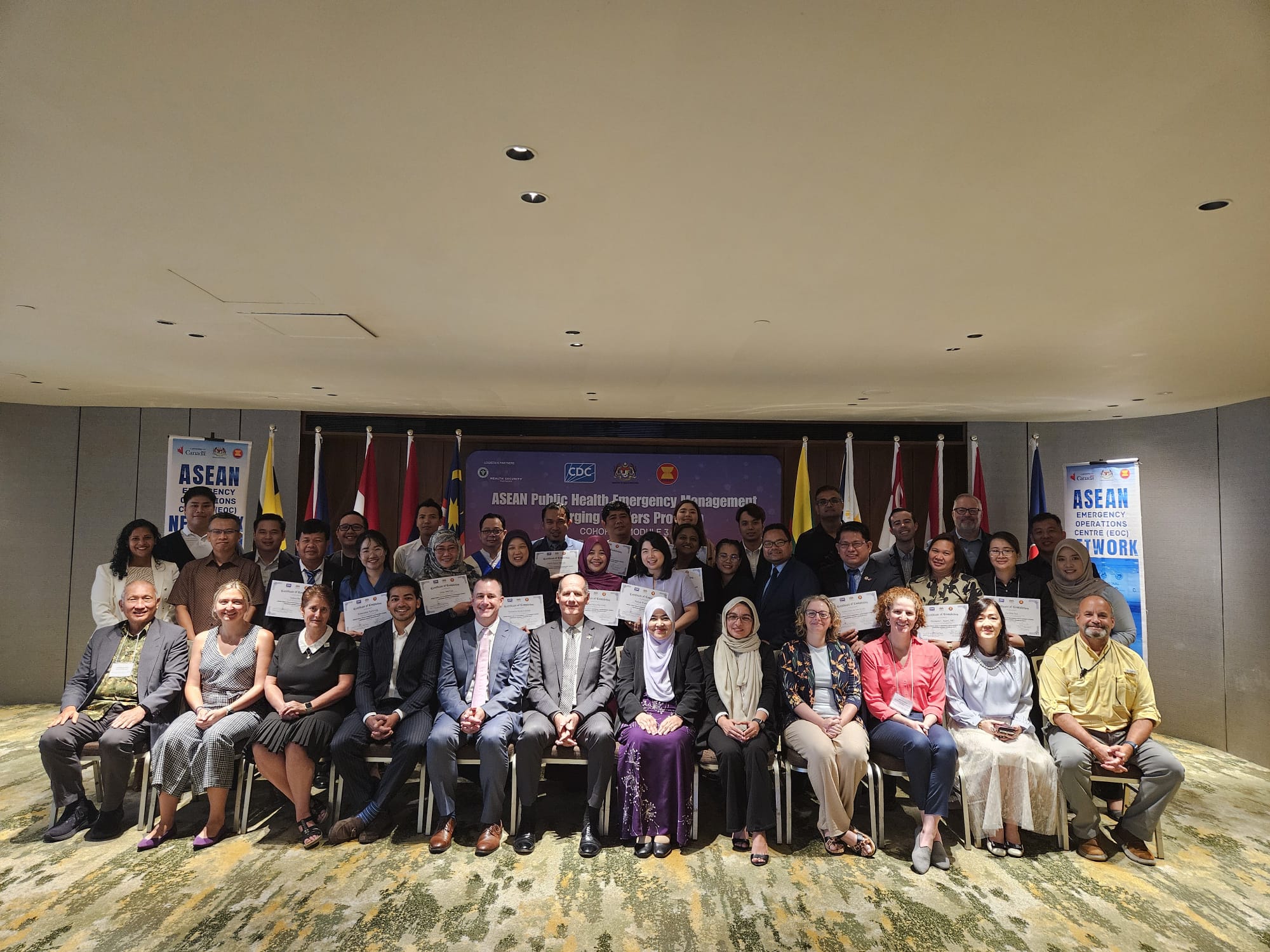
Photo: PHEM ELP graduates and organising partners
The ASEAN PHEM ELP was the first joint capacity building initiative between USCDC, the ASEAN EOC Network (AEOCN) and UKHSA to grow and strengthen the PHEM workforce of ASEAN Member States (AMS).
The comprehensive seven-week emergency management-focused training for mid-level public health professionals was designed to enhance and expand the PHEM workforce of governments in all 10 ASEAN Member states (AMS). The training was intended to support the development of future AMS PHEM leadership, strengthening AMS effective response to public health emergencies and provide advocacy for sustainable region led PHEM capacity building. It also served to further develop and strengthen national and regional Public Health Emergency Operations Centre (PHEOC) networks and build a community of practice amongst the graduates.
UKHSA IHR-SP was a collaborating partner on technical elements of the PHEM ELP including introducing students to the concepts of a simulation exercises; and providing practical training and skills development through ‘Training of the Trainer’ sessions. This included theoretical basics such as adult learning theory and styles of learning along with more practical aspects on instructional design and facilitation. The students were able to apply all they were taught as they delivered a short PHEM focussed ‘micro teach’ to fellow students.
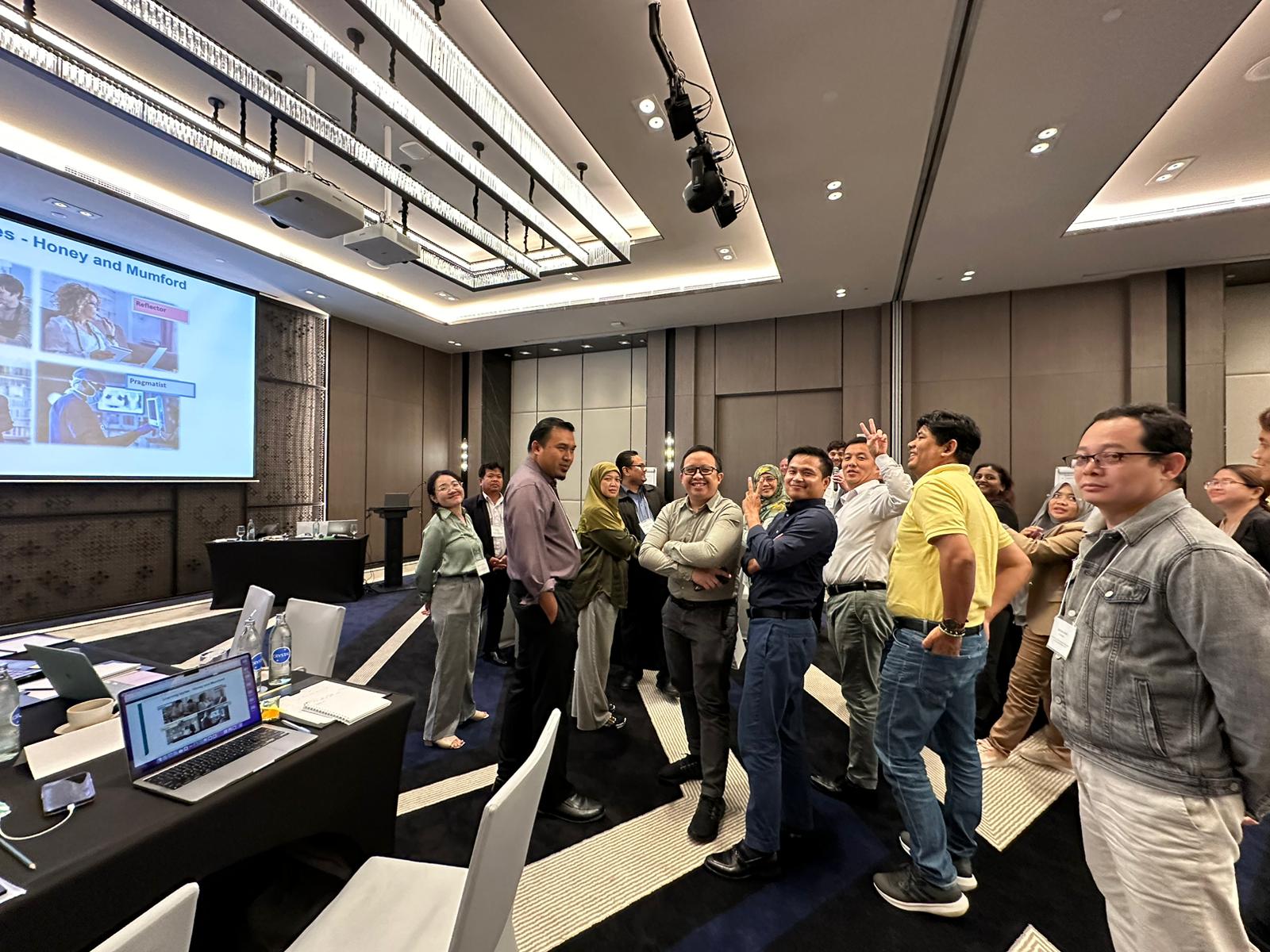
Photo: participants undertaking interactive ‘Training of Trainers’ sessions
As a culmination of the programme, the UKHSA IHR-SP Emergency Preparedness, Response and Resilience (EPRR) team led on the development and delivery of a ‘capstone’ exercise (Exercise PHASE – Public Health ASEAN Simulation Exercise). The exercise was designed to allow participants to demonstrate their ability to apply the PHEM concepts studied, and skills developed during the entire seven-week fellowship programme. These included leadership and collaborating skills along with demonstrating knowledge of emergency management frameworks and functions, especially operating in an PHEOC. The exercise provided an opportunity for students to practice various PHEOC roles in response to a simulated chemical incident response, within the safe environment of an exercise setting.
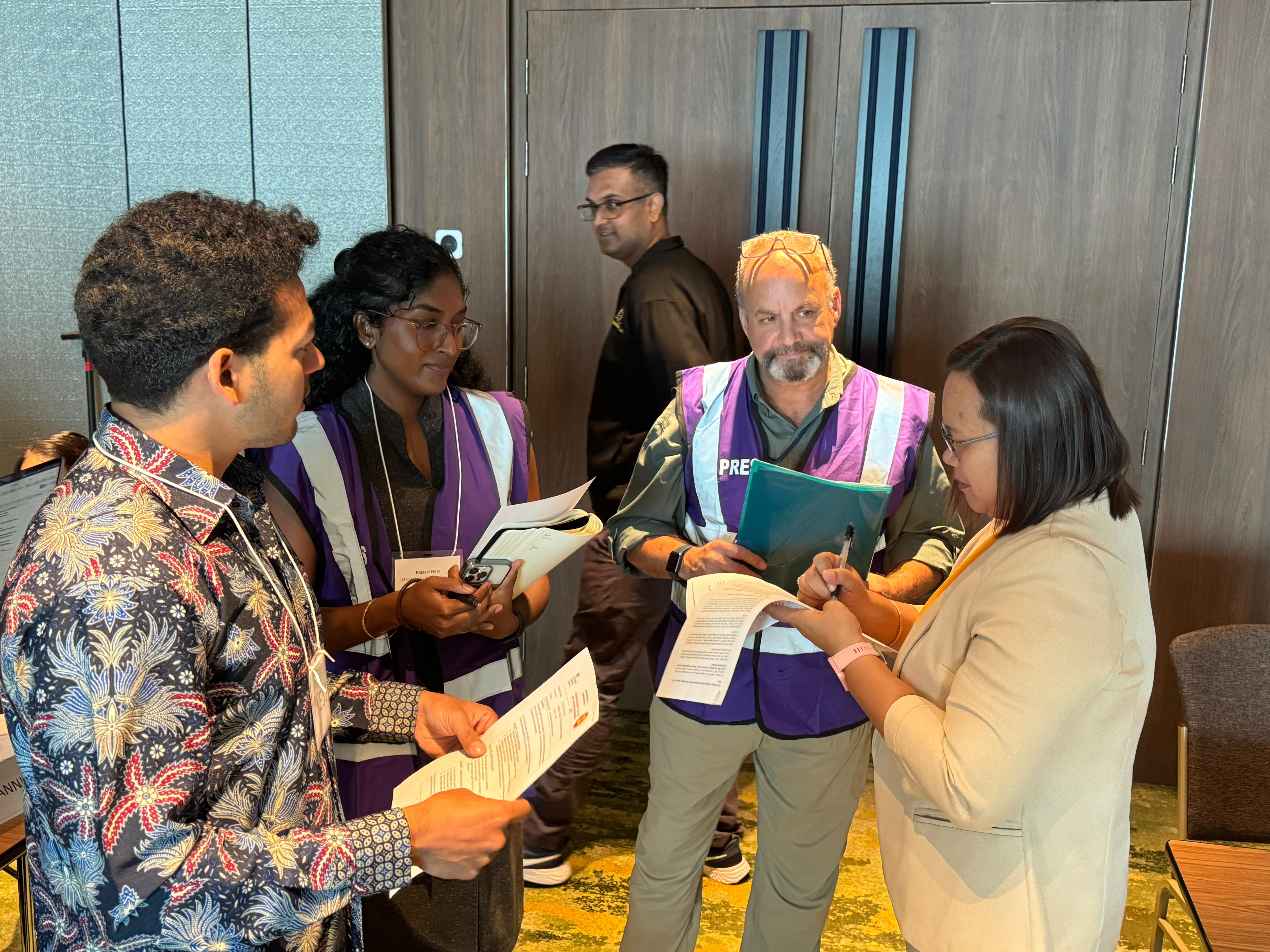
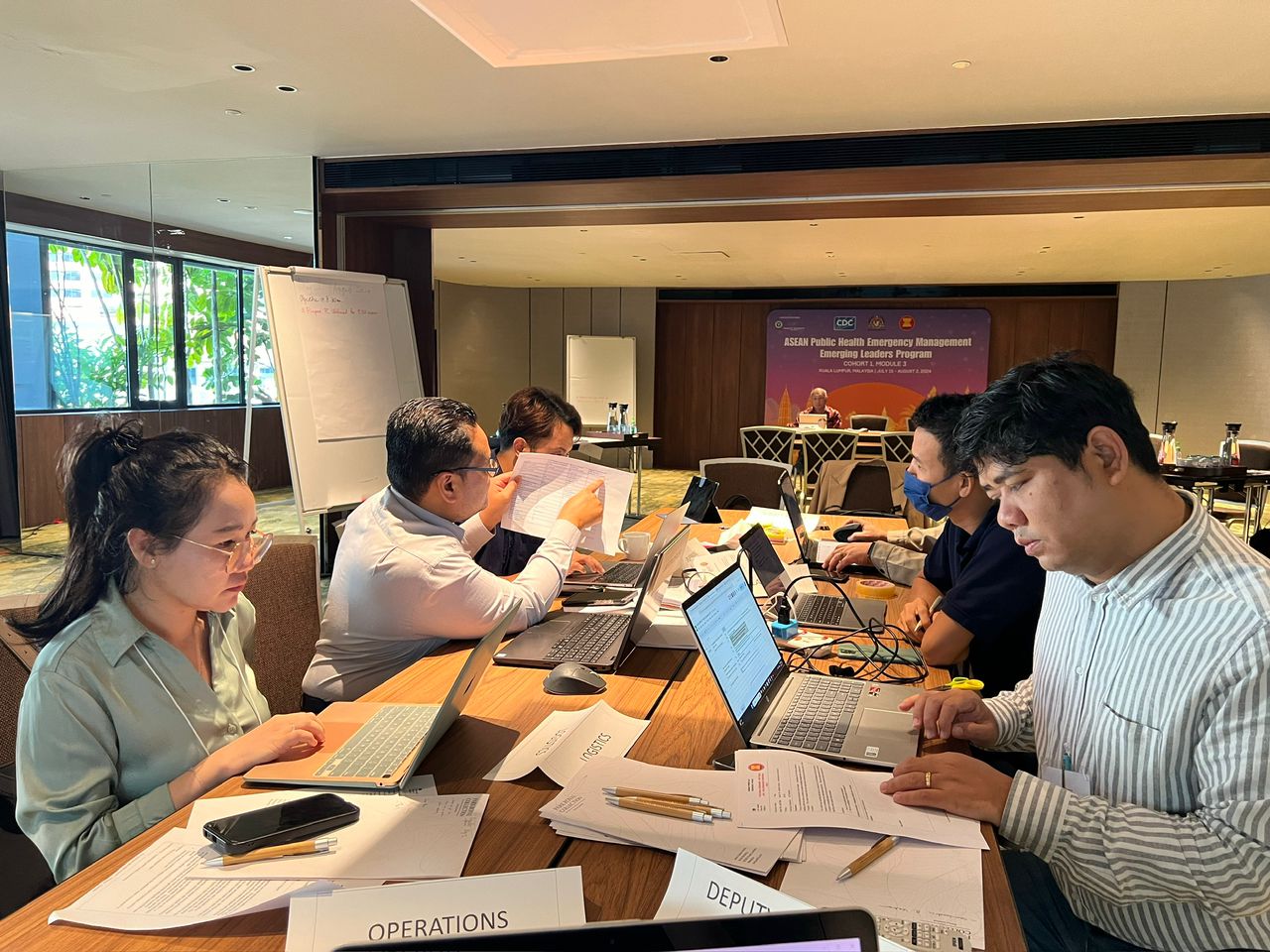
Photos: Exercise PHASE staff delivering the exercise and the students in response mode
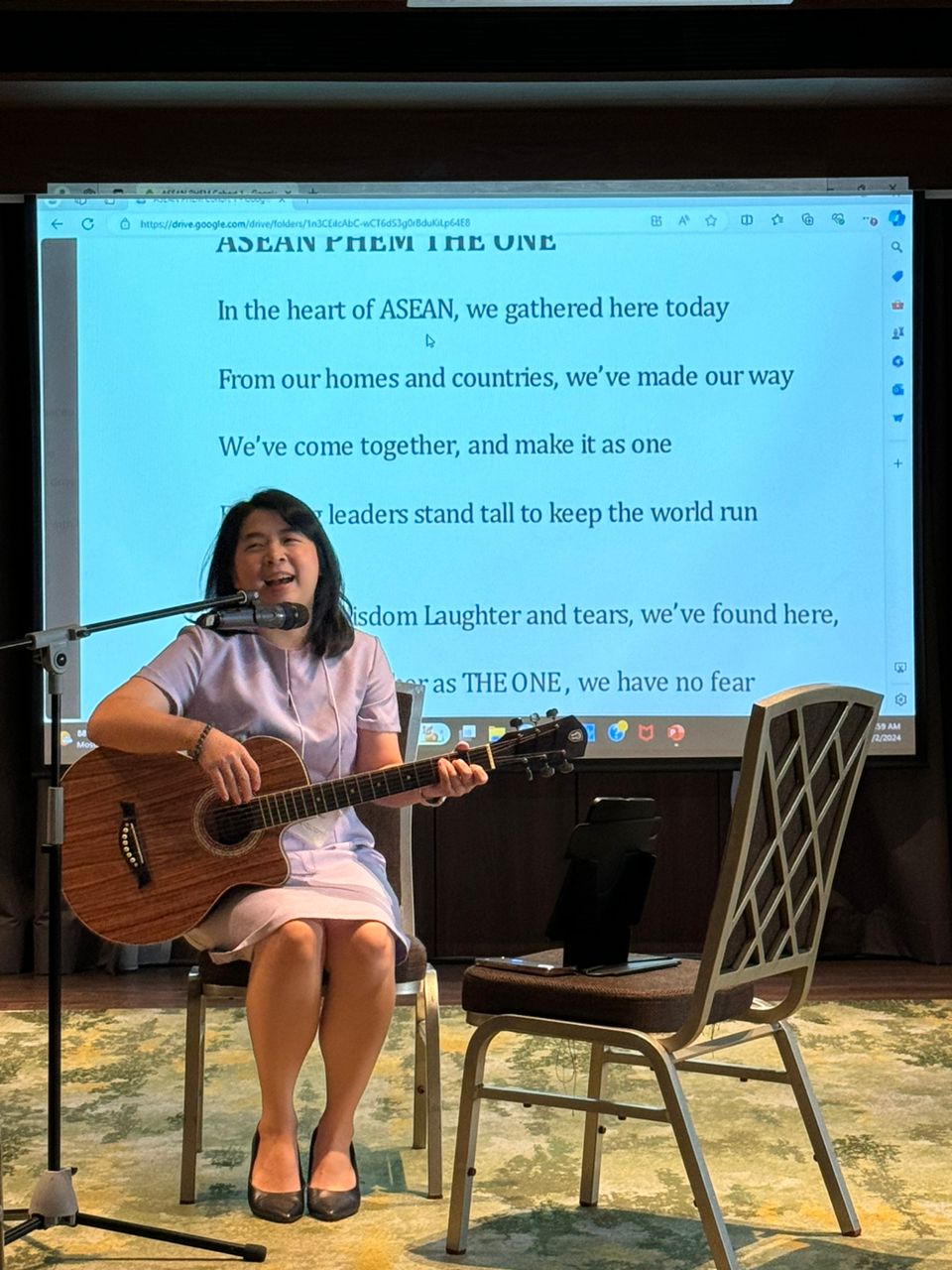
The first cohort went through three distinct rounds of training: one week of virtual training, followed by six weeks of in-person training, delivered in Thailand (June) and Malaysia (July). The programme culminated in a graduation and the students even wrote and performed an original song dedicated to the inaugural cohort (photographed right). This demonstrated the realisation of the programme’s community of practice within the graduates and the depth of the relationships built on the programme.
There is a second cohort of the PHEM ELP commencing in October 2024 through to January 2025 and planning is already under consideration to develop the sustainability of the approach and provide the tools to the graduates to deliver future PHEM workforce development training.